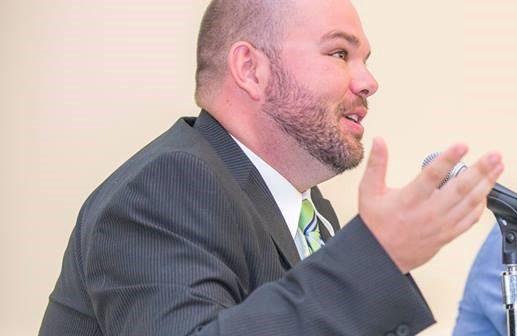
As part of the 2017 College Series, I have invited a few individuals to write guest blogs. Today’s blog comes from Christopher Campau, the Collegiate Recovery Program Coordinator for the state of North Carolina. If you have a student who has struggled with substance use in high school and you












